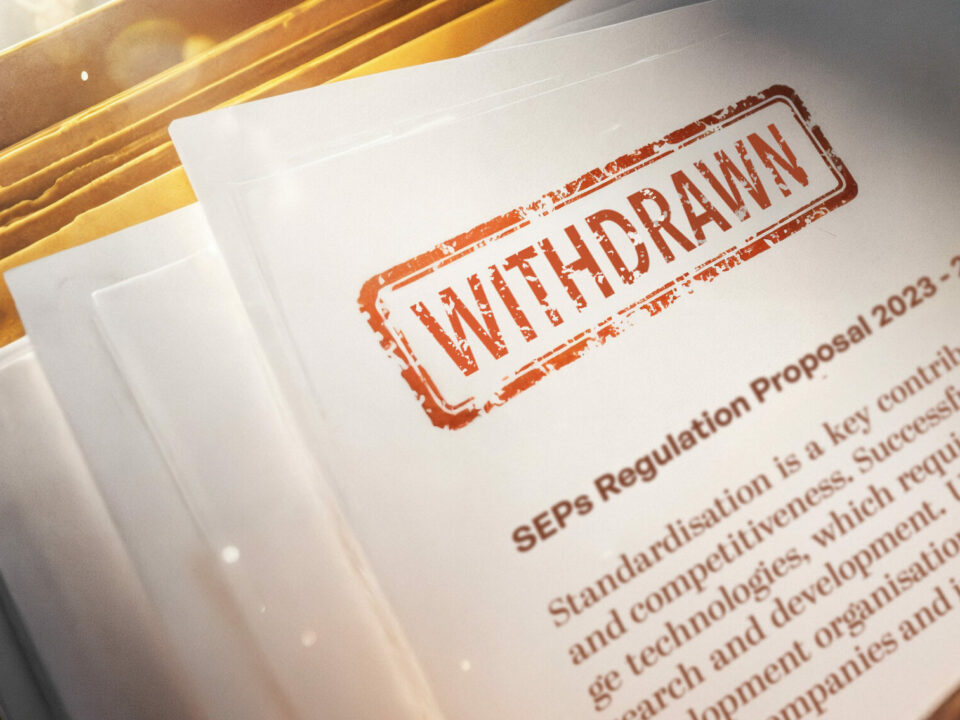ETSI IPR policy does not and never has required compulsory ‘License to All’
Dr. Bertram Huber is a legal expert who personally participated in elaborating and drafting the Intellectual Property Rights (IPR) Policy adopted by the European Telecommunications Standards Institute (ETSI). In this paper, he explains the history and reasoning for his view that the obligation to license under the ETSI IPR Policy, once a commitment is given to license at fair, reasonable, and non-discriminatory (FRAND) terms and conditions, does not necessarily extend to chipsets and other electronic components of standards-compliant end-devices. He further explains why, in his view, the ETSI IPR Policy does not compel an “essential” IPR holder to grant a license to every company that requests one, without consideration of where the license-seeking company operates in the chain of production or of whether that license would be duplicative of licenses granted to others. As explained by the author, his views are consistent with, and supported by, ETSI’s objectives and intent at the time it adopted its current IPR Policy, the express Policy language, and the long-standing practice of the telecommunications industry. In particular, he highlights how, in adopting its IPR Policy, ETSI intended to safeguard access to the cellular standards without changing the prevailing industry practice of manufacturers of complete end-devices concluding licenses to the standard essential patents practiced in those end-devices. Huber’s views on these issues rebut the positions taken by ETSI’s former Director-General, Karl Heinz Rosenbrock, in his recent paper titled Why the ETSI IPR Policy Requires Licensing to All.
Dr. Huber has prepared this paper setting forth his own viewpoint at the request of IP Europe.
The paper is available at the following address: https://papers.ssrn.com/sol3/papers.cfm?abstract_id=3038447



